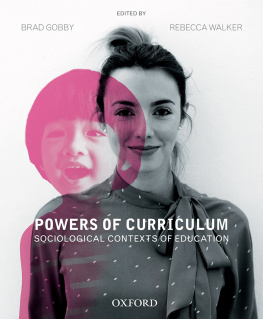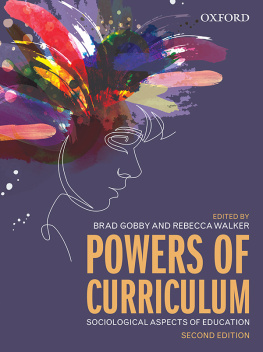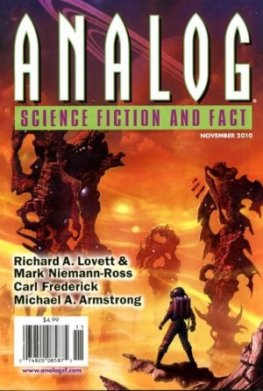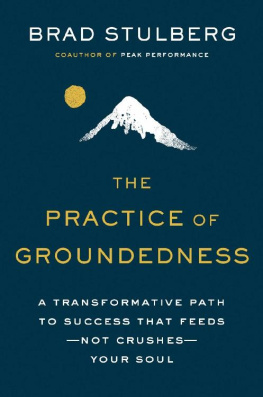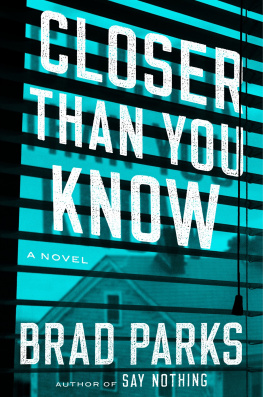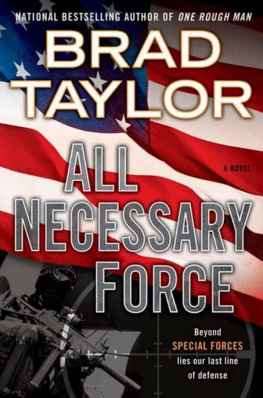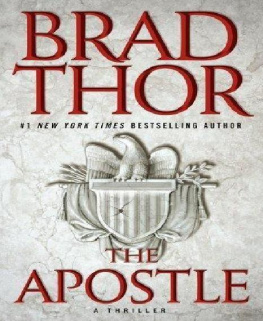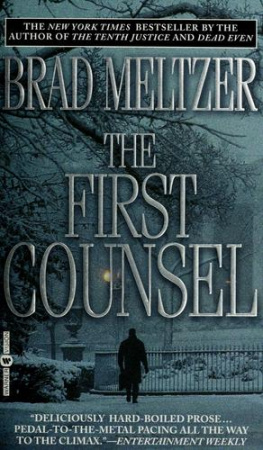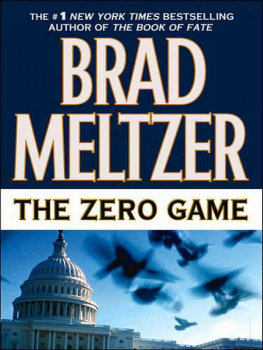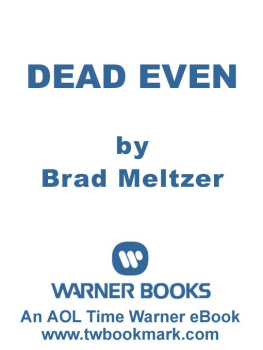Brad Gobby - Powers of Curriculum
Here you can read online Brad Gobby - Powers of Curriculum full text of the book (entire story) in english for free. Download pdf and epub, get meaning, cover and reviews about this ebook. year: 2017, genre: Politics. Description of the work, (preface) as well as reviews are available. Best literature library LitArk.com created for fans of good reading and offers a wide selection of genres:
Romance novel
Science fiction
Adventure
Detective
Science
History
Home and family
Prose
Art
Politics
Computer
Non-fiction
Religion
Business
Children
Humor
Choose a favorite category and find really read worthwhile books. Enjoy immersion in the world of imagination, feel the emotions of the characters or learn something new for yourself, make an fascinating discovery.
- Book:Powers of Curriculum
- Author:
- Genre:
- Year:2017
- Rating:4 / 5
- Favourites:Add to favourites
- Your mark:
- 80
- 1
- 2
- 3
- 4
- 5
Powers of Curriculum: summary, description and annotation
We offer to read an annotation, description, summary or preface (depends on what the author of the book "Powers of Curriculum" wrote himself). If you haven't found the necessary information about the book — write in the comments, we will try to find it.
Powers of Curriculum — read online for free the complete book (whole text) full work
Below is the text of the book, divided by pages. System saving the place of the last page read, allows you to conveniently read the book "Powers of Curriculum" online for free, without having to search again every time where you left off. Put a bookmark, and you can go to the page where you finished reading at any time.
Font size:
Interval:
Bookmark:

Powers of Curriculum
Sociological Perspectives on Education


Oxford University Press is a department of the University of Oxford.
It furthers the Universitys objective of excellence in research,
scholarship, and education by publishing worldwide. Oxford is a registered
trademark of Oxford University Press in the UK and in certain other
countries.
Published in Australia by
Oxford University Press
253 Normanby Road, South Melbourne, Victoria 3205, Australia
Brad Gobby and Rebecca Walker 2017
The moral rights of the authors have been asserted.
First published 2017
All rights reserved. No part of this publication may be reproduced, stored in a retrieval system,
or transmitted, in any form or by any means, without the prior permission in writing of Oxford University
Press, or as expressly permitted by law, by licence, or under terms agreed with the appropriate reprographics
rights organisation. Enquiries concerning reproduction outside the scope of the above should be sent
to the Rights Department, Oxford University Press, at the address above.
You must not circulate this work in any other form and you must impose this same condition on any
acquirer.
National Library of Australia Cataloguing-in-Publication data
Creator: Gobby, Brad, author.
Title: Powers of curriculum: sociological perspectives on
education / Brad Gobby, Rebecca Walker.
ISBN: 9780190303709 (paperback)
Notes: Includes index.
Subjects: Curriculum planning--Australia.
Education--Aims and objectives--Australia.
Education--Curricula--Social aspects--Australia.
Other Creators/Contributors:
Walker, Rebecca, author.

Reproduction and communication for educational purposes
The Australian Copyright Act 1968 (the Act) allows a maximum of one chapter
or 10% of the pages of this work, whichever is the greater, to be reproduced
and/or communicated by any educational institution for its educational purposes
provided that the educational institution (or the body that administers it) has
given a remuneration notice to Copyright Agency Limited (CAL) under the Act.
For details of the CAL licence for educational institutions contact:
Copyright Agency Limited
Level 11, 66 Goulburn Street
Sydney NSW 2000
Telephone: (02) 9394 7600
Facsimile: (02) 9394 7601
Email:
Edited by Natasha Broadstock
Typeset by Newgen
Proofread by Philip Bryan
Indexed by Mei Yen Chua
Printed in China by Leo Paper Products Ltd.
Links to third party websites are provided by Oxford in good faith and for information only.
Oxford disclaims any responsibility for the materials contained in any third party website
referenced in this work.
Contents
| Brad Gobby |
| Brad Gobby and Zsuzsa Millei |
| Brad Gobby and Saul Karnovsky |
| Stefania Giamminuti |
| Barry Down |
| Glenn C. Savage |
| Joel Windle |
| Jane Pearce |
| Zsuzsa Millei and Eva Bendix Petersen |
| Kelli McGraw |
| Amanda Keddie |
| Sophie Rudolph and Lilly Brown |
| Rebecca Walker and Brad Gobby |
| Christina Gowlett and Richard Niesche |
| Glenda McGregor and Martin Mills |
| Jane Merewether |
| Alma Fleet |
| Rebecca Walker |
Preface
We felt compelled to create this book because, more than ever, the teaching profession requires educators who think critically about the world. With education being profoundly shaped by social, cultural and political forces, educators need to be equipped with concepts and perspectives that enable them to not only understand the history of education and its effects on what educators think and do, but also to reflect critically on those forces shaping education and the lives of educators, children and young people.
We explore the state of education in Australia today through the notion and practices of curriculum. Curriculum is powerful because it is what children and young people experience in educational settings. Educators are central to this, as more often than not they have the most direct influence on learners curriculum experiences. By exploring the many issues surrounding curriculum, we hope to equip educators with ideas, concepts and perspectives that can make a positive difference to the lives of children and young people in the early childhood, primary and secondary phases of education.
We do this not by offering models of what to think and what to do, as if models and checklists of strategies could be adequate to understand the complex and dynamic circumstances of formal education and learning. In fact, we are skeptical of those disciplines, reports, textbooks and blogs that offer simple answers and quick fixes to problems in education, especially when the problems themselves are not adequately understood or criticised. Our approach in this book is to treat educators and pre-service educators as thinkers, theorists and philosophers, rather than unthinking technicians implementing somebody elses plans and ideas. Consequently, we offer you concepts and perspectives to help you to observe, decipher and interpret the world and education. The authors of the chapters use concepts and ideas that encourage you to think against the grain of established practices and norms which continue to orient education towards meeting the needs of the system, instead of meeting the diverse needs of individual learners and groups of learners. Once understood, these concepts and perspectives can be put to work in your university studies and professional settings.
The book explores a diverse range of topics related to curriculum, the experiences of learners, and how these experiences are shaped by powers within and beyond the field of education. The text is organised into three parts: Understanding Curriculum; Unpacking Curriculum Contexts; and Enacting Curriculum Experiences. The first part introduces you to the notion of curriculum and its conceptualisation. The second part introduces you to a range of social, cultural and political issues from a sociological perspective. The final part explores the practical dimension to your learning about curriculum. The authors of the chapters encourage you to reflect on your opinions and experiences, and to explore the concepts and ideas used in this book to open education up to new thoughts and practices.
Throughout the book, you will find definitions of key terms in the margins, which are collated into a glossary at the end. In each chapter, Ask yourself questions are intended to use your personal thoughts, beliefs and experiences to reflect on what you are reading; while the Theory in action feature encourages you to think about how the ideas you are reading about surface in peoples experiences, and can be applied to educational contexts. Questions, activities, suggested internet search terms and resources are provided at the end of each chapter for further exploring the topics and information covered.
Overall, we aim to unleash the powers of curriculum to positively shape the lives of learners and to reshape education as we know it. We hope you find this book engaging, thought-provoking and useful.
Font size:
Interval:
Bookmark:
Similar books «Powers of Curriculum»
Look at similar books to Powers of Curriculum. We have selected literature similar in name and meaning in the hope of providing readers with more options to find new, interesting, not yet read works.
Discussion, reviews of the book Powers of Curriculum and just readers' own opinions. Leave your comments, write what you think about the work, its meaning or the main characters. Specify what exactly you liked and what you didn't like, and why you think so.

